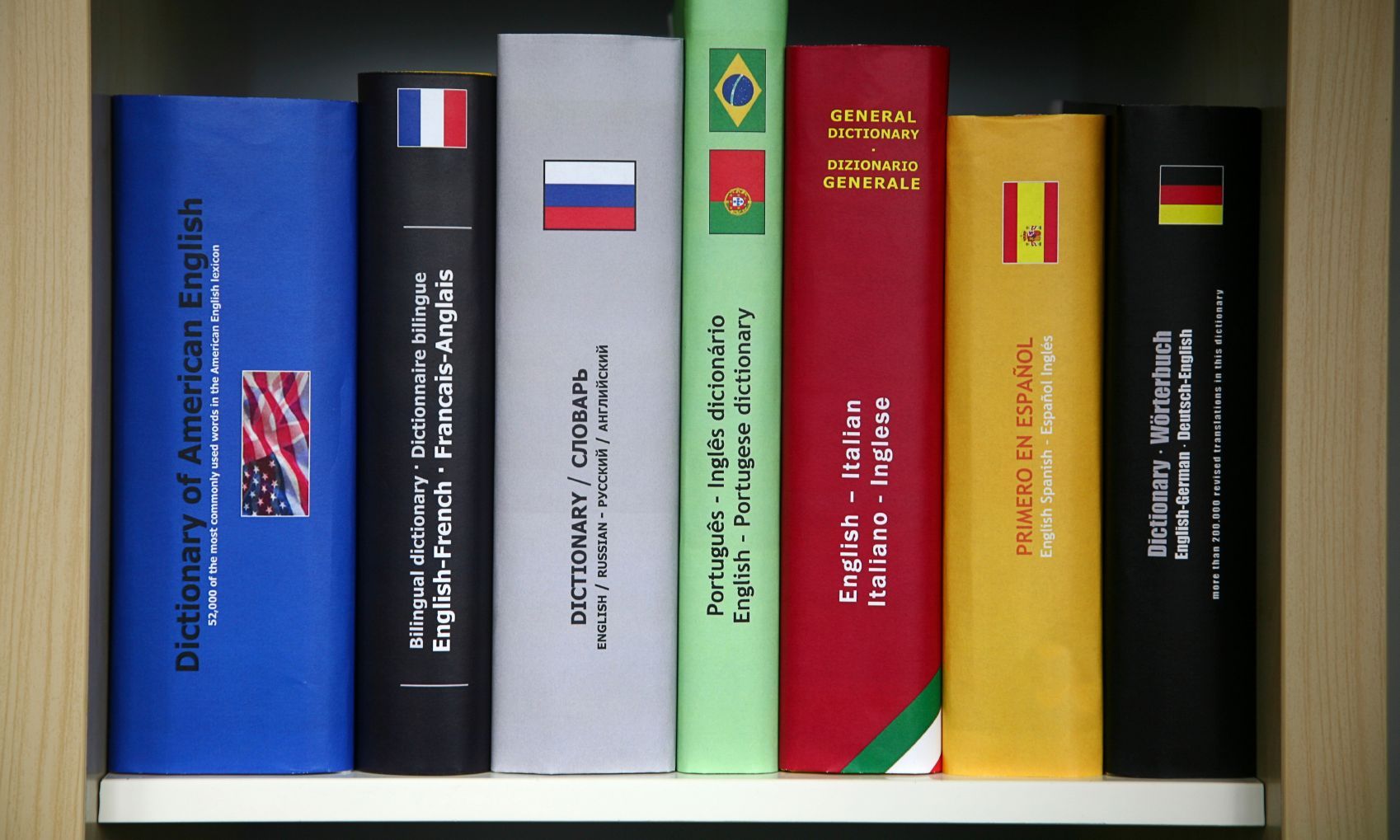INTERNATIONAL BUSINESS REVIEW JOURNAL
INTERNATIONAL BUSINESS REVIEW JOURNAL.
1. The Bernard Schwartz Chair in Global Markets, Tel-Aviv University; The Friedman Chair in International Economics, Cornell University; CESifo; CEPR; and NBER.
2. The Heury Kaufman Chair in International Capital Markets, Tel-Aviv Uni- versity; CESifo; and IZA.
Download PDF
Recommended articles
No articles found.
______________________
Citing articles (0)
______________________
Article Metrics
Social Media
Tweets: 2
Outline
Abstract
Keywords
1. Introduction
2. Strategic Recommendations
Uncited references
References
Vitae
Abstract
Economists tend to favor the free áow of capital across national borders, because it allows capital to seek out the highest rate of return. They also o§er several other advantages . First, they reduce the risk faced by owners of capital by allowing them to diversify their lending and investment. Second, the global integration of capital markets can contribute to the spread of best practices in corporate governance, accounting standards, and legal traditions. Third, the global mobility of capital limits the ability of governments to pursue bad policies.
Capital can áow across countries in a variety of ways. One can distinguish among three major ones: foreign direct investment (FDI), foreign portfolio investment and loans. Among all these types, FDI, which involves a lasting interest and control, stands out. The world áows of FDI rose about sevenfold (in current U.S. dollars) over the 1990ís; the vast majority is áowed between developed countries, but there are recently increased áows into emerging markets.
Recently published articles

Research article
Towards a circular economy: An emerging economies context
Nitin Patwa, ... Kunal Hingorani
In Press, Corrected Proof, Available online 6 June 2020
Download PDF

Libros infantiles
Research article
Covid-19’s Impact on Supply Chain Decisions: Strategic Insights for NASDAQ 100 Firms using Twitter Data
Amalesh Sharma, ... Sourav Bikash Borah
In Press, Journal Pre-proof, Available online 12 June 2020

Research Article
Covid-19’s Impact on Supply Chain Decisions: Strategic Insights for NASDAQ 100 Firms using Twitter Data
Amalesh Sharma, ... Sourav Bikash Borah
In Press, Journal Pre-proof, Available online 12 June 2020

